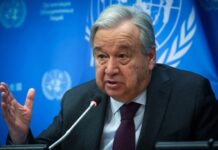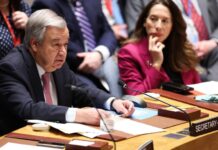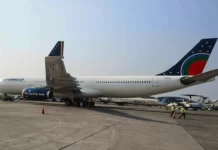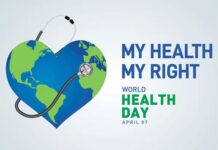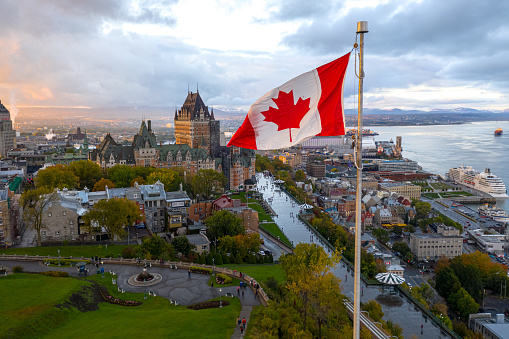
Canada is launching a standardized COVID-19 vaccine passport to make it easier for citizens to travel abroad, Prime Minister Justin Trudeau announced.
The digital document revealed on Thursday will have a QR code for scanning at airports, train stations and other points of entry.
“As Canadians look to start travelling again, there will be a standardized proof-of-vaccination certificate,” Trudeau said, urging Canadians who have not done so to get vaccinated as soon as possible. “We can end this pandemic and get back to the things we love.”
The proof-of-vaccination certificate will have a Canadian identifying mark and meets major international smart health card standards, government officials said.
It will include a person’s name, date of birth and COVID-19 vaccine history — including which doses a person received and when they were inoculated.
More than 73 percent of Canadians are fully vaccinated against COVID-19, according to Our World in Data, a tracking group based at Oxford University.
Canadians will not be able to board a plane for foreign or domestic travel without a proof-of-vaccination certificate beginning November 30, the Toronto Star newspaper reported.
Currently, Canadians can travel using a picture or copy of a vaccine certificate issued by a province. Not all have a QR code.
The national government will pay for rolling out the standardised vaccination passport, Trudeau said. “We will picking up the tab.”
Some provinces, including Saskatchewan, Ontario, Quebec, Nova Scotia, Newfoundland and Labrador and all three northern territories, have already started using the national standard for a proof-of-vaccination certificate, Trudeau said.
“You are now able to show proof of vaccination immediately in all of those provinces,” said Trudeau. “You can download it on your phone, you can print it out, you can ask for a copy by mail if you don’t have those capacities, but you are now able to show proof of vaccination immediately in all those provinces, and all other provinces have agreed and are working hard to come online.”
In Canada, healthcare is largely delivered by provincial governments and mostly financed by the national government, sometimes leading to political squabbles about jurisdiction and who pays for what.
Trudeau was re-elected as prime minister for a third term last month, but he leads a minority government that needs the support of other parties to pass legislation.
Canadian officials are talking with other nations popular with Canadian travellers to brief them on the new certification standard, officials told Reuters.
“Many [countries] have said they want to see a digital … verifiable proof of vaccination, which is what we’re delivering,” said one Canadian official.
Canada recently reopened its borders to international travellers who have proof of vaccination, and it has waived quarantine requirements for returning Canadian travellers who can show that they are immunised.
The land border between Canada and the US will reopen to fully vaccinated travellers making non-essential trips on November 8.
Following Trudeau’s vaccine passport announcement, Deputy Prime Minister and Minister of Finance Chrystia Freeland said Canada has recovered “100 percent of the jobs lost during the depth of the recession, compared to 78 percent in the US”.
“There are many reasons to be optimistic on what we have already achieved. Our economy is rebounding and we are winning the fight against COVID,” Freeland said, standing at the same podium as Trudeau.
Many of the special credits, loans, subsidies and other programmes to support businesses and workers launched during the first wave of COVID-19 will be coming to an end on October 23, Freeland said.


